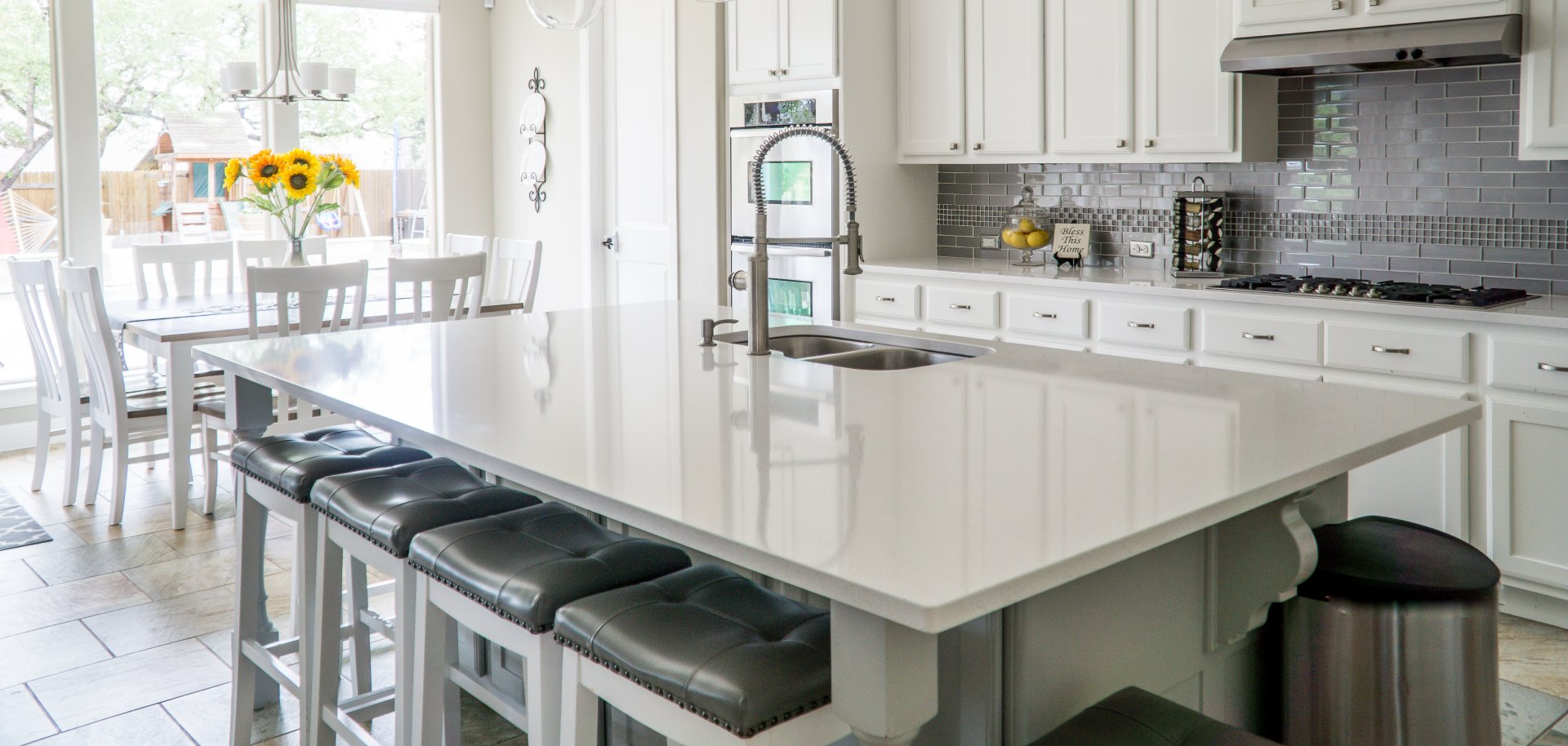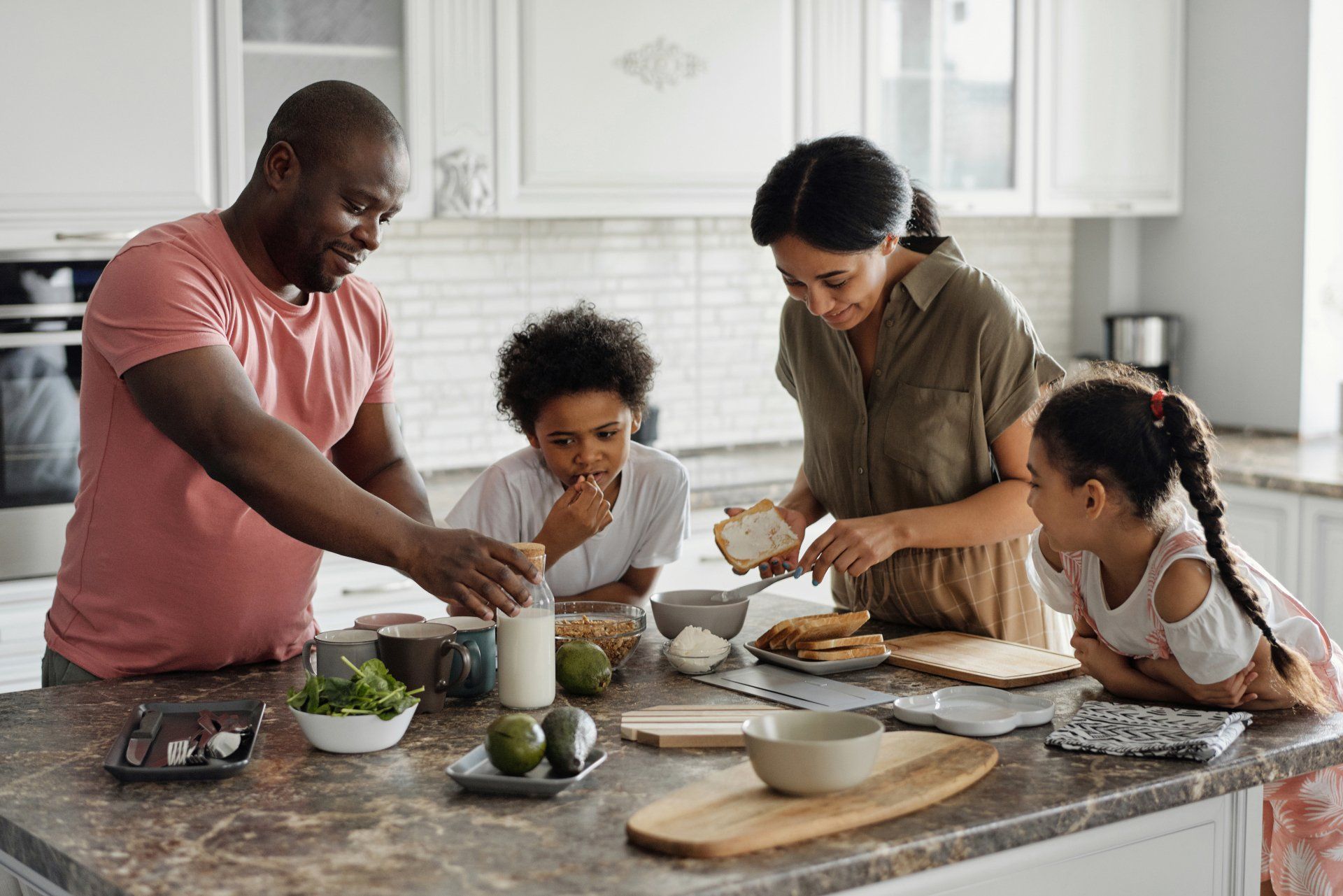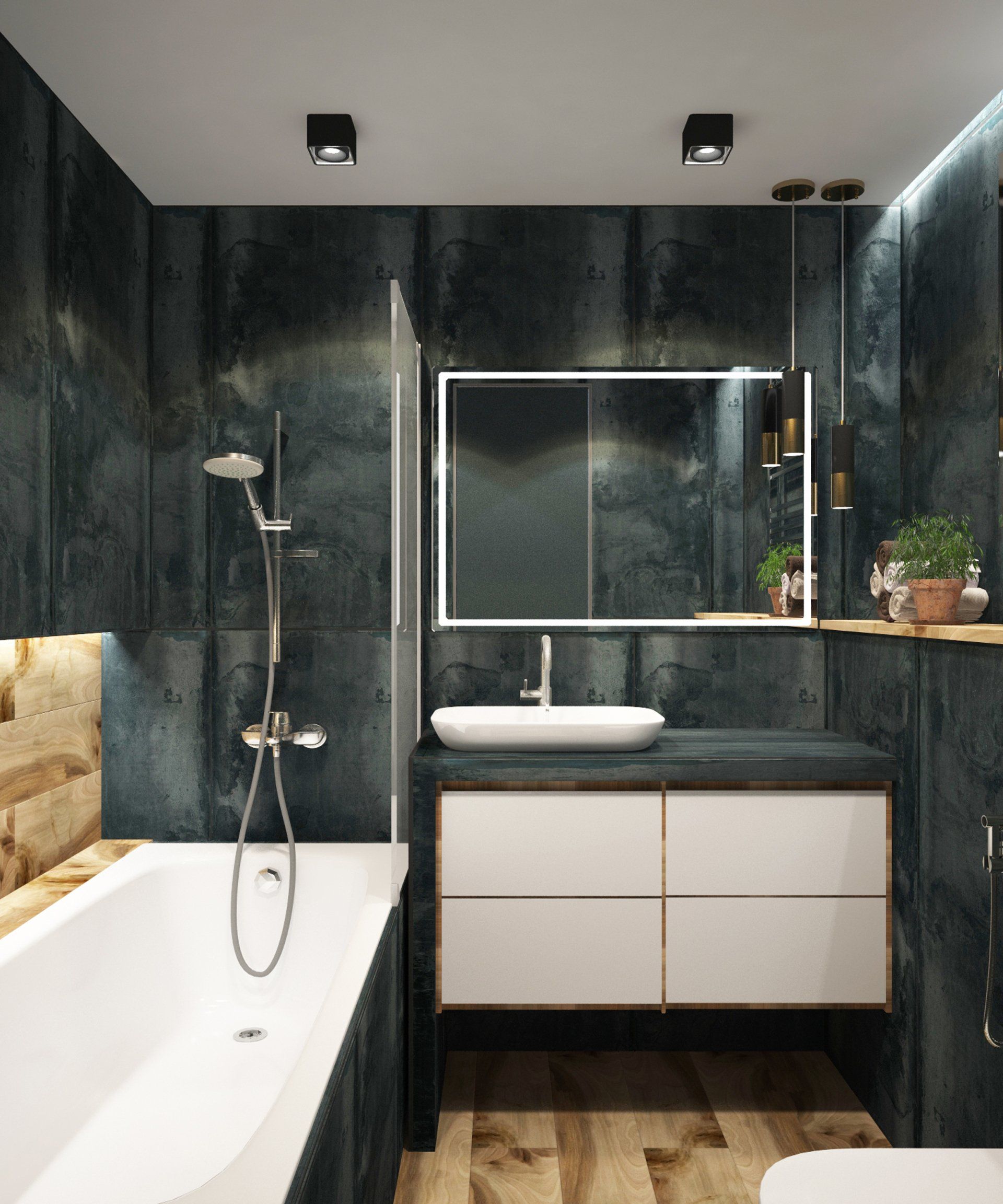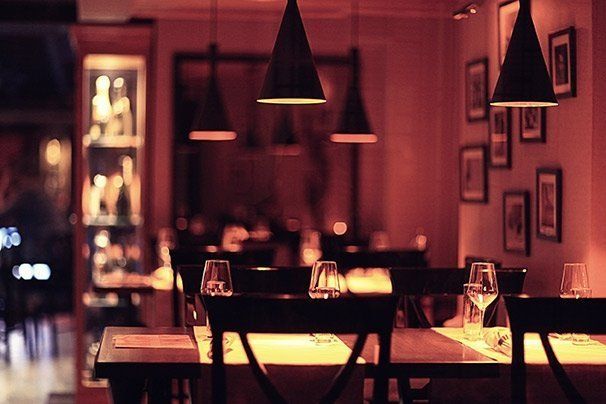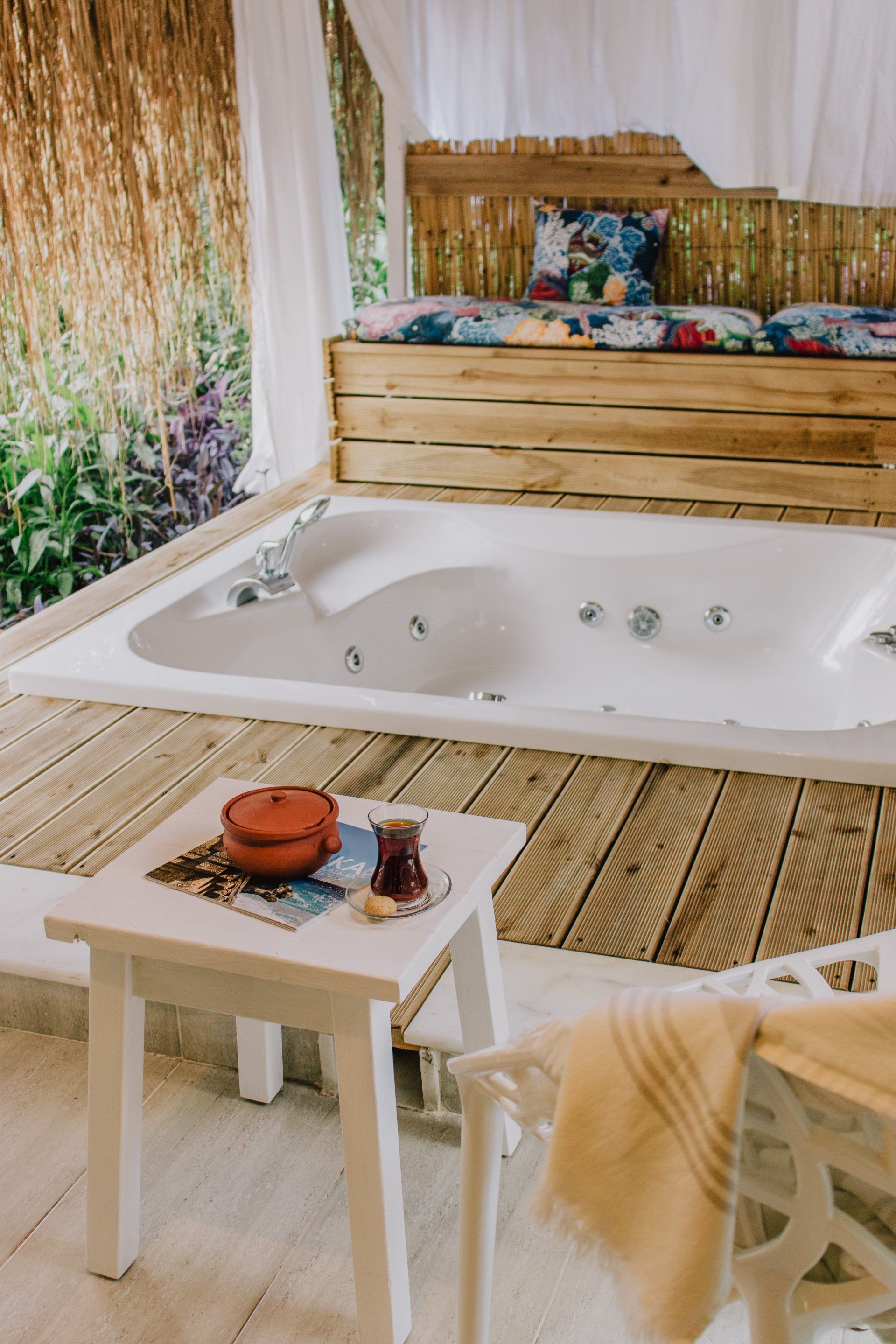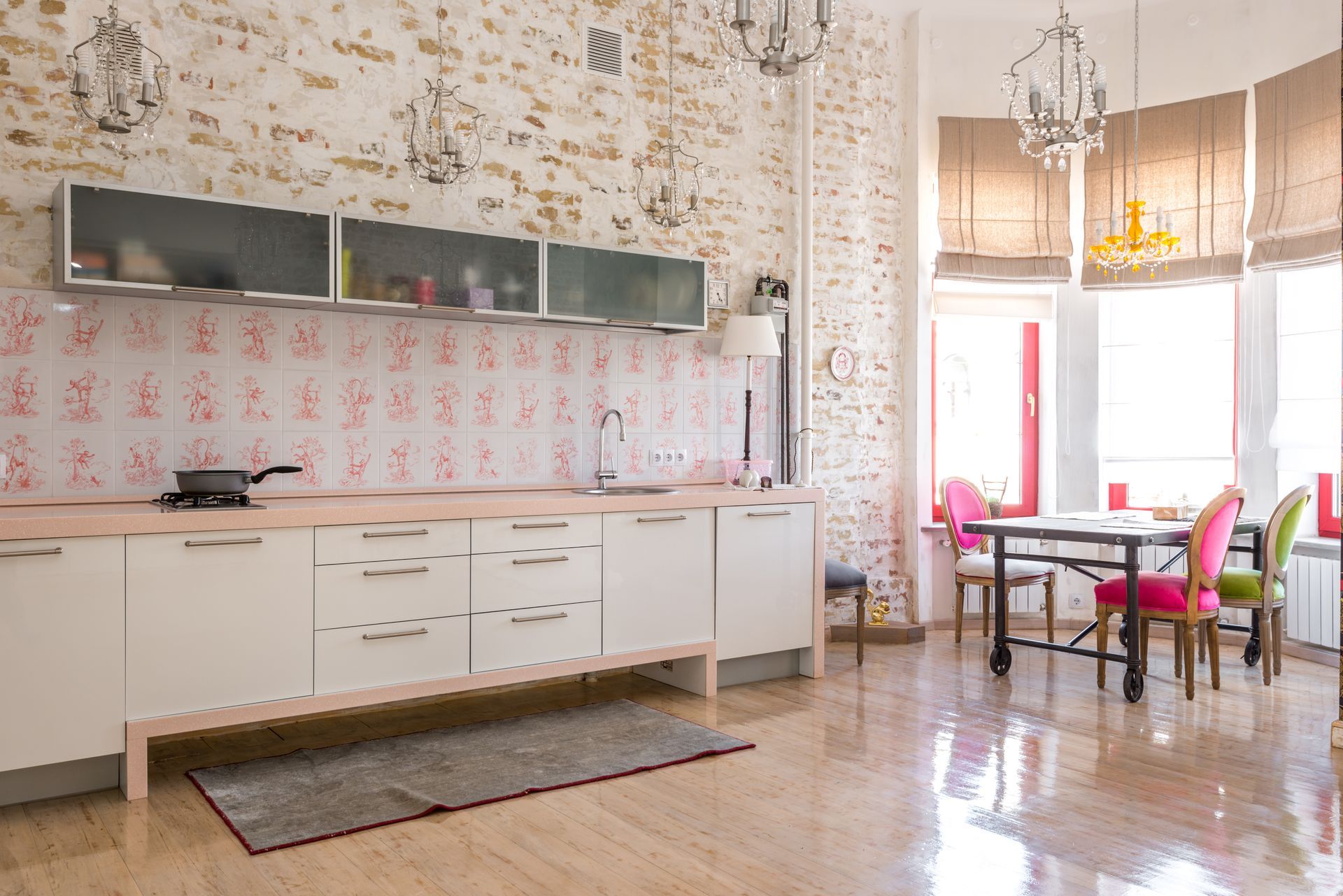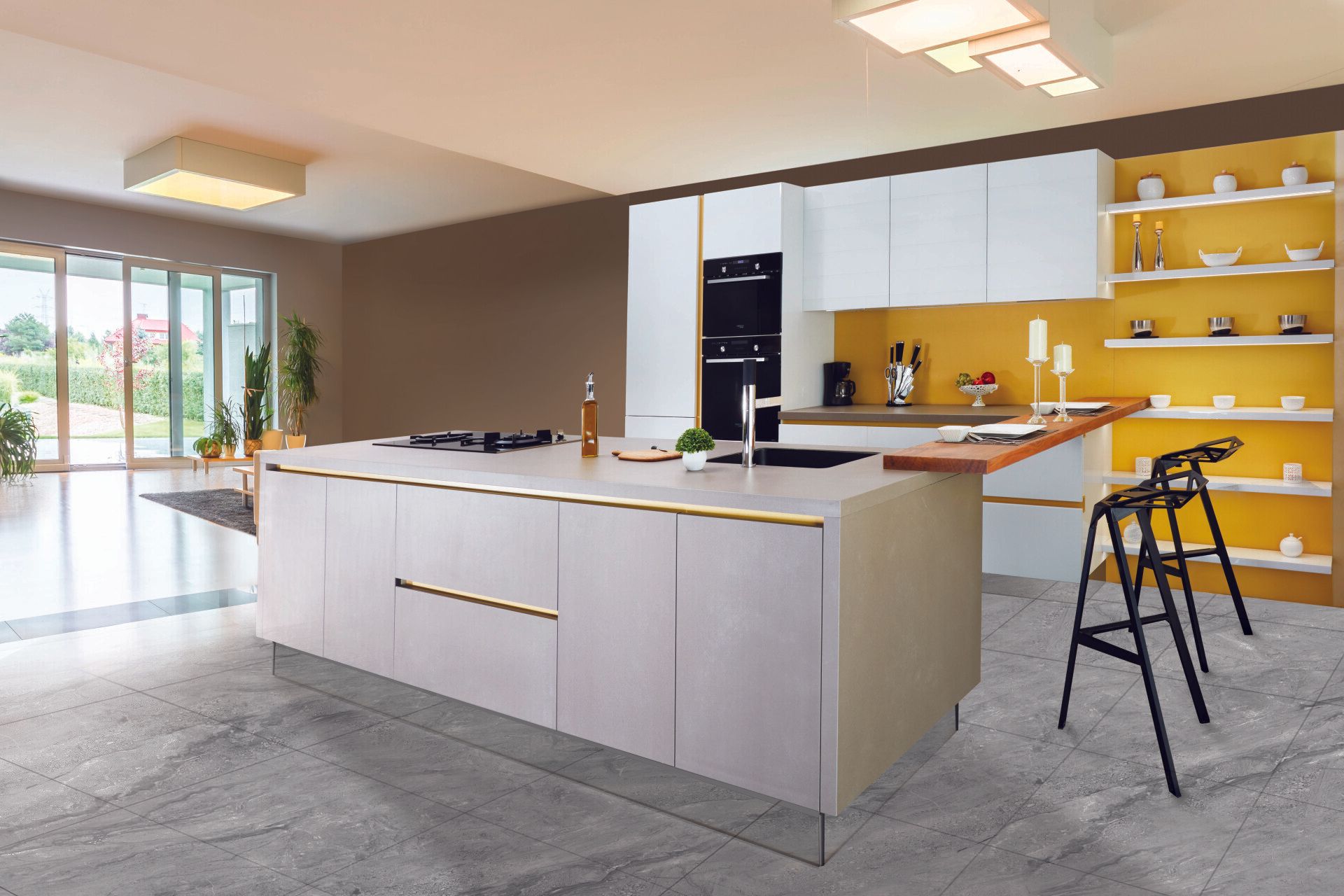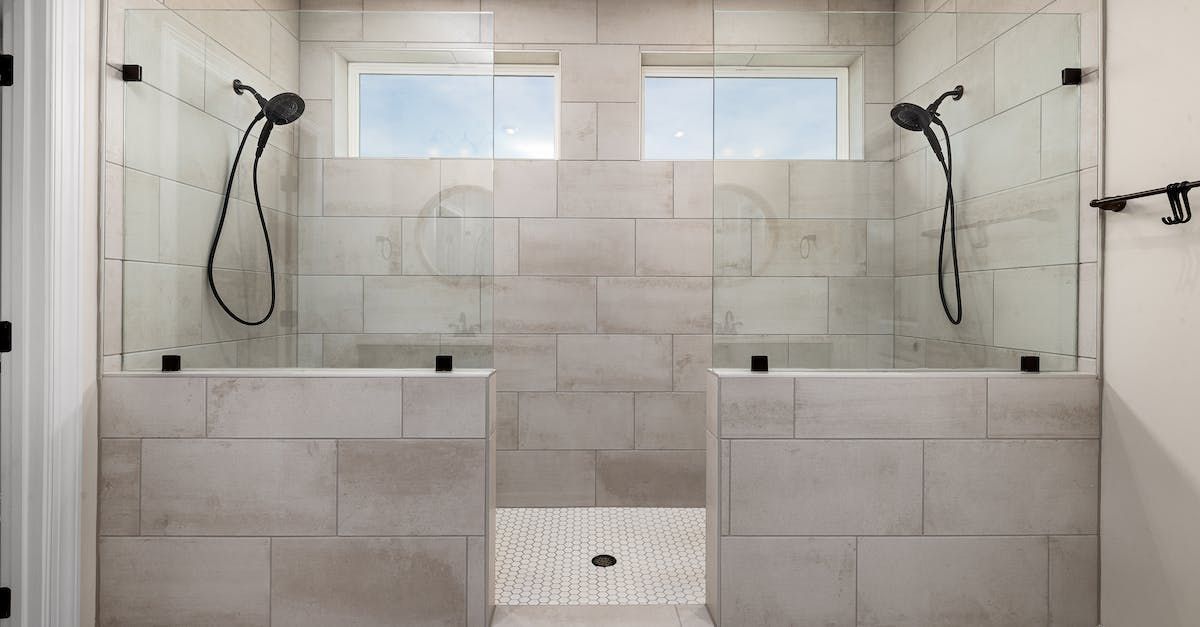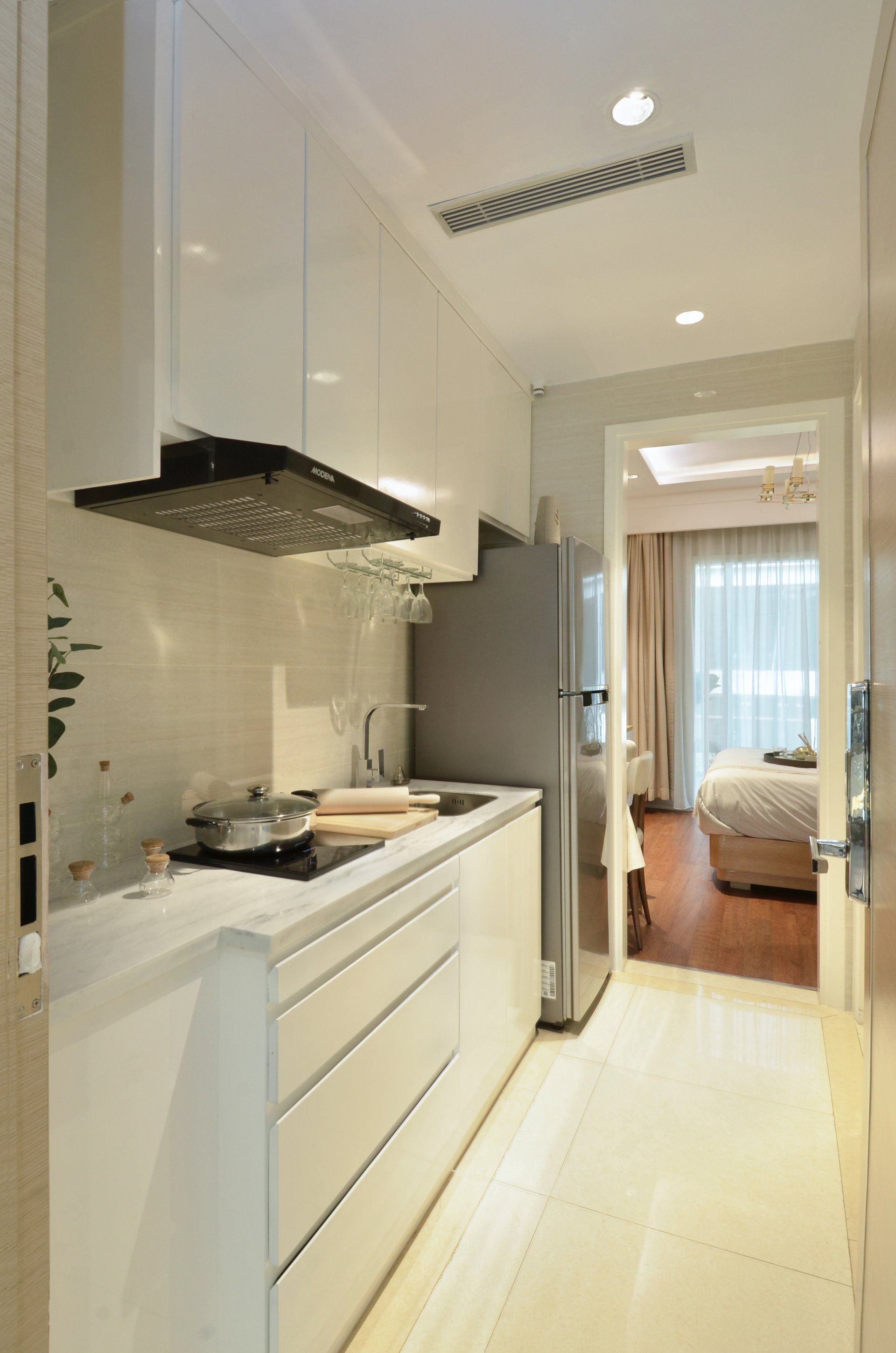Eco-Friendly Countertops for Your Kitchen Remodel
Upgrade Your Kitchen with Sustainable, Eco-Friendly Countertops
When considering a kitchen remodel, the countertop is one of the most important aspects to think about. Not only does it play a major role in the visual aesthetics of your kitchen, but it's also one of the most heavily used surfaces in your home. In today's world, homeowners are increasingly making choices that are both beautiful and sustainable.
This guide will introduce you to various eco-friendly countertops that can transform your kitchen into an environmentally conscious haven. If you're planning a remodel in Dallas or Fort Worth, keep reading for insights that will help you make the best sustainable choices.
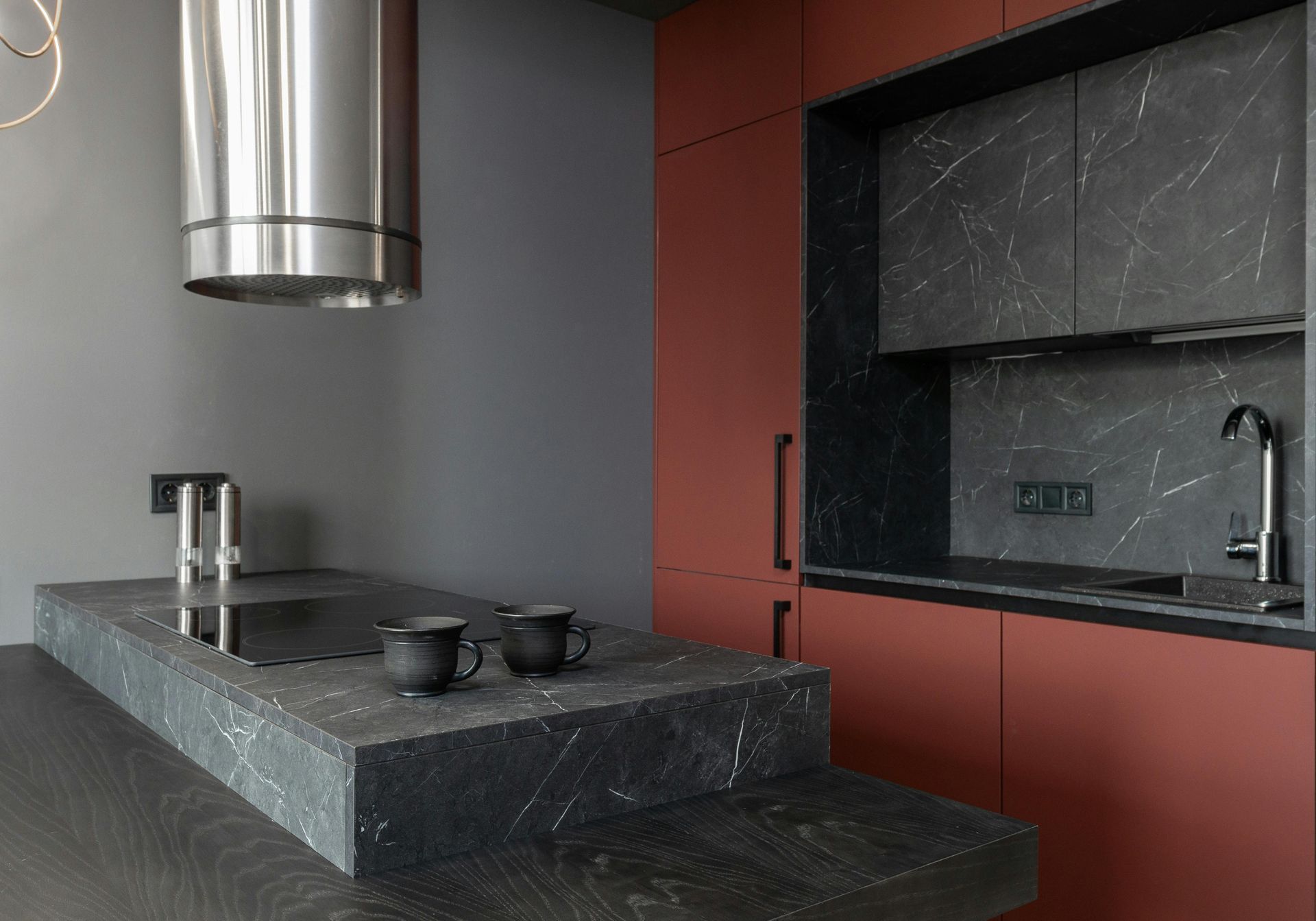
Why Go for Eco-Friendly Countertops?
In recent years, sustainable kitchen remodeling materials have gained popularity for their reduced environmental impact.
From recycled glass to sustainable wood, eco-friendly countertops contribute to a healthier planet while making your kitchen look stunning. Many sustainable materials are also more durable than conventional options, reducing the need for future replacements.
Choosing
eco-friendly countertops aligns with a sustainable lifestyle and helps you cut down on waste, carbon emissions, and potentially harmful chemicals that can be found in traditional countertops.
Types of Eco-Friendly Countertops
Here are some popular options for eco-friendly countertops that you might consider during your kitchen remodeling project:
1. Recycled Glass Countertops
Recycled glass countertops are made from post-consumer glass, which is embedded into a durable concrete or resin base. This type of countertop comes in a wide range of colors and patterns, which means you can customize it to fit any kitchen style. Recycled glass is perfect for homeowners who want a unique aesthetic without compromising on sustainability. It's an ideal choice for anyone in Dallas or Fort Worth looking for a stunning yet environmentally conscious option.
Pros: Non-porous, low maintenance, and available in diverse designs.
Cons: Can be more expensive than some traditional options and might require sealing depending on the base material.
2. Bamboo Countertops
Bamboo is a renewable resource that grows quickly and can be harvested without causing deforestation. Bamboo countertops are gaining traction in sustainable kitchen remodeling materials because of their durability and eco-friendliness. Bamboo has a warm and inviting appearance, which makes it an attractive choice for creating a natural feel in your kitchen.
Pros: Rapid renewability, natural beauty, and highly durable.
Cons: Requires regular sealing to protect from water damage.
3. Reclaimed Wood Countertops
Reclaimed wood countertops bring character and warmth to your kitchen. By using salvaged wood from barns, old structures, or even trees that have fallen naturally, reclaimed wood is a great option for sustainability. The aged look of reclaimed wood is especially popular in rustic or farmhouse-style kitchen designs.
Pros: Unique aesthetic, promotes recycling of existing materials, and contributes to a cozy atmosphere.
Cons: Requires proper sealing to prevent staining or water damage.
4. Paper Composite Countertops
Believe it or not, countertops made from paper are both functional and sustainable. Paper composite countertops are made of layers of recycled paper combined with a non-toxic resin, resulting in a durable, heat-resistant surface. These countertops come in a variety of colors and are a great way to make your kitchen remodeling project truly unique.
Pros:
Heat resistant, lightweight, and relatively affordable.
Cons: Prone to scratching, requires some maintenance to keep it in good shape.
5. Recycled Aluminum Countertops
Recycled aluminum countertops offer a modern, sleek look. They are created using scrap aluminum, which makes them eco-friendly. Aluminum countertops are incredibly durable, and they add a unique industrial touch to any kitchen space.
Pros: Extremely durable, lightweight, and available in different finishes.
Cons: Can be costly, and may show scratches more easily than other materials.
6. Concrete Countertops
Concrete is a strong material that can be mixed with other natural or recycled elements such as crushed glass or seashells to create a unique, eco-friendly countertop. The customization options are endless with concrete, and it can fit well into both modern and rustic kitchen designs.
Pros: Durable, customizable, and adds a unique aesthetic.
Cons: Requires sealing to prevent stains, and can be prone to cracking.
Want to go more eco-friendly in other additions as well? Check out this blog.
Best Practices for Choosing Eco-Friendly Countertops
When choosing countertops for your kitchen remodel in Dallas or Fort Worth, consider the following tips:
Local Sourcing: If possible, source your materials locally. This not only reduces carbon emissions from transportation but also supports local businesses.
Durability:
Eco-friendly materials can still vary in durability. Reclaimed wood and recycled glass are often more durable options that reduce waste in the long run.
Recycling and Upcycling:
Look for countertops made from recycled or upcycled materials like reclaimed wood, recycled glass, or paper composites.
Sealing:
Many eco-friendly materials require proper sealing to keep them in good condition. Use non-toxic sealants that are safe for the environment.
Professional Help for Your Kitchen Remodel
If you're considering sustainable kitchen remodeling materials but aren’t sure where to start, seeking
professional assistance can be a smart decision.
Whether it's understanding the different materials, choosing what’s best for your specific needs, or ensuring proper installation, a remodeling expert can guide you every step of the way.
We provide bathroom and kitchen remodeling services throughout Dallas and Fort Worth, using sustainable practices and materials to make sure your renovation projects leave a positive impact on both your home and the environment.
Feel free to contact our team today for a consultation and to learn more about how we can help you bring your dream kitchen to life.
Maintaining Your Eco-Friendly Countertops
Maintenance plays an important role in extending the life of your eco-friendly countertops. Some materials, like concrete or bamboo, require regular sealing to protect against stains and moisture.
Recycled glass countertops are typically non-porous and resistant to stains, making them easier to maintain.
Reclaimed wood, while charming and unique, needs a bit more care to prevent water damage and maintain its luster.
If you’re not sure about the specific needs of your countertop material, it’s always best to consult the manufacturer or installer.
The Impact of Eco-Friendly Choices
Choosing eco-friendly countertops contributes to reducing your environmental footprint and encourages a more sustainable way of living.
When you make informed decisions about your kitchen remodel, you're not just improving your own quality of life; you're also playing a part in promoting the use of sustainable materials.
In Dallas and Fort Worth, where the remodeling scene is booming, making environmentally conscious decisions can set you apart and inspire others to follow suit.
Why It Matters to Choose Sustainable Kitchen Remodeling Materials
Using sustainable kitchen remodeling materials means fewer non-renewable resources are consumed, and waste is minimized. In traditional remodeling projects, many materials end up in landfills.
By choosing eco-friendly countertops like those made of recycled glass or reclaimed wood, you help reduce waste and give these materials a second life. Eco-friendly choices are becoming increasingly common, and with that comes a wider variety of options available to suit various tastes and budgets.
Key Takeaways
Eco-friendly countertops are not just about reducing your carbon footprint; they offer durability, beauty, and a variety of styles to choose from.
Popular options include recycled glass, bamboo, reclaimed wood, paper composite, recycled aluminum, and concrete.
Make sure to maintain your eco-friendly countertops properly to ensure their longevity.
If you're in Dallas or Fort Worth, consider hiring professionals for your kitchen remodel to make the most of sustainable materials.
Choosing an eco-friendly countertop is a great first step toward creating a sustainable home.
Whether you're drawn to the rustic beauty of reclaimed wood or the modern edge of recycled glass, there's an eco-friendly option out there for every homeowner.
In Dallas and Fort Worth, local contractors can help you make choices that are not only good for your kitchen but also good for the planet.
Ready to work with DFW Bathroom & Kitchen Solution?
Let's connect! We’re here to help.
Send us a message and we’ll be in touch.
Or give us a call today at 817-697-0335

